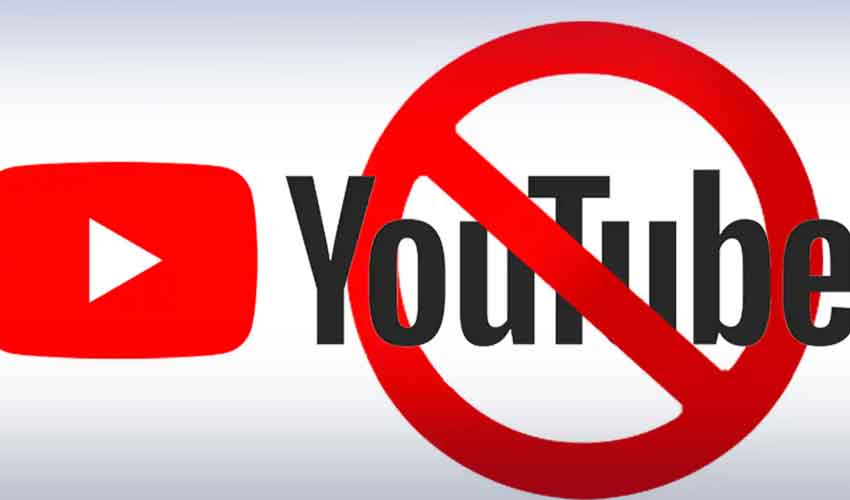Government Orders YouTube to Block 27 Channels in Pakistan
A local court in Islamabad has issued an order for YouTube to block 27 popular channels that are accused of spreading anti-state content. The decision comes after the Federal Investigation (FIA) submitted a request, claiming that these channels were disseminating misleading and harmful material that could incite public unrest or harm national interests.
The case was reviewed by Judicial Magistrate Abbas Shah, who examined the evidence provided by the FIA. According to the court order, the FIA had initiated an inquiry on June 2 and presented sufficient proof to justify the action. The court expressed satisfaction with the findings of the investigation, indicating that the evidence met the necessary legal standards.
Following the hearing, the court directed YouTube’s local officer-in-charge to immediately block access to the 27 channels. The order emphasized the need for swift action to prevent the spread of false or inflammatory narratives online. Although the specific names of the channels were not disclosed in public documents, it is believed that they have significant followings and influence among viewers.
The court also highlighted that existing legal frameworks allow for such actions when there is a threat to national unity or public order. It stressed that while freedom of expression is a fundamental right, it should not be misused to promote hate or misinformation. This ruling reflects growing concerns about digital disinformation and cyber propaganda in the country.
This move marks a shift in the government’s approach towards regulating digital platforms and content creators. It signals an increase in oversight over online spaces, aiming to ensure that digital content aligns with national interests and laws. The decision serves as a warning to other influencers and YouTubers to adhere to local regulations and avoid content that could be deemed harmful or disruptive.
The FIA now has the court’s support to take further legal steps if needed. This development underscores the government’s commitment to maintaining public order and safeguarding national interests in the digital age. As online platforms continue to play a crucial role in shaping public opinion, the balance between free speech and responsible content creation remains a key challenge for authorities.
The situation raises important questions about the role of digital platforms in modern governance and the responsibilities of content creators. While the government aims to protect citizens from harmful information, critics argue that such measures may lead to censorship and restrict legitimate discourse. The ongoing debate highlights the complexities of managing online spaces in an era where information spreads rapidly and widely.
In conclusion, the court’s order represents a significant step in addressing the challenges posed by digital disinformation. It emphasizes the need for vigilance and accountability in the online sphere, while also prompting discussions about the broader implications of government intervention in digital content. As the landscape of online communication continues to evolve, the balance between regulation and freedom will remain a critical issue for policymakers and society at large.







